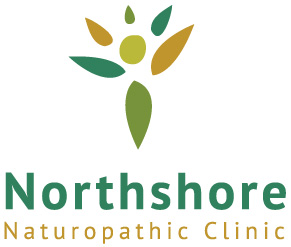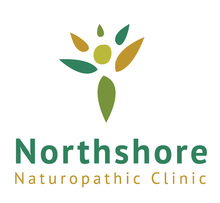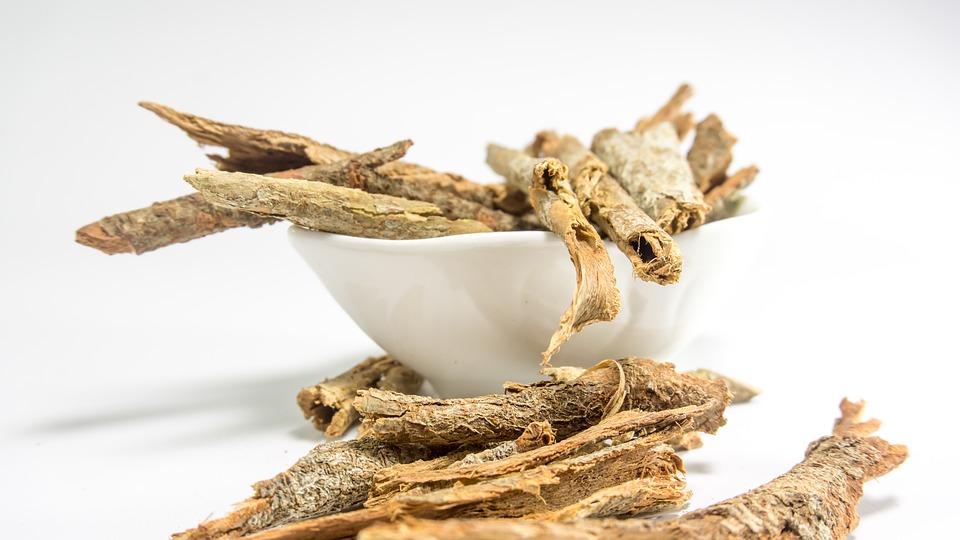By Irene Hayton
If you are a patient at the Northshore Naturopathic Clinic and/or if you’ve ever read any of Dr. Matsen’s books, you most likely know that one of the dietary changes that we recommend on the Eating Alive Program is to avoid drinking coffee. I’ve noticed that in the media lately there are numerous articles about how coffee is so good for us because it contains antioxidants. Antioxidants protect your cells from the oxidative damage of free radicals, which are toxic by-products of chemical reactions that take place in your body every day.
So, does the fact that coffee contains antioxidants make it okay to drink it? This is a question that patients sometimes ask and the answer we give is “No.” Other than antioxidants, coffee does not contain nutrients your body needs and instead can have adverse health effects.
One of the reasons most people drink coffee is for the boost in energy that it gives because caffeine causes an increase in heart rate and respiratory rate, and it causes a temporary surge in blood sugar. Unfortunately, this surge is eventually followed by a blood sugar crash due to an increase in insulin production, leading to cravings for more coffee or other stimulants. This roller-coaster effect puts incredible stress on the body, especially the liver, pancreas, and adrenals. And increased insulin levels can cause your body to store fat.
The caffeine in coffee stimulates the secretion of the stress hormone, cortisol, by the adrenal glands. Excess cortisol can have many negative effects on the body. Cortisol activates fat cells to store fat, especially in the abdominal area. This effect combined with the fat-storing effect of excess insulin, as mentioned above, can make it difficult to lose weight for those who are trying to do so. Chronically elevated levels of cortisol can also: compromise your sleep and immune system; increase blood pressure and cholesterol; contribute to mood imbalances; put stress on your liver; and can cause your adrenals to wear out, affecting their
ability to produce cortisol and other hormones, including estrogen,
testosterone, and DHEA.
Caffeine can also cause urinary excretion of calcium, magnesium, and other minerals and it can inhibit the absorption of some nutrients.
Coffee is acidic and it increases the secretion of stomach acid, which can cause gastrointestinal problems, such as heartburn and reflux, for some people. For those with ulcers, caffeine can aggravate the situation.
Decaf coffee isn’t necessarily a better choice. It still contains some caffeine as well as the acids and oils that naturally occur in coffee, which can cause digestive and liver problems. And many brands of decaf coffee are processed with toxic solvents which can leave a residue in the final product.
So if you want to increase your antioxidant levels, there are far healthier ways to do so other than drinking coffee. All fruits and vegetables, as well as green tea, contain antioxidants, so increase your consumption of these instead. For more information on the antioxidants in plants, see Dr. Matsen’s Monthly Comment for December 2003, titled “Plants as Allies.”



